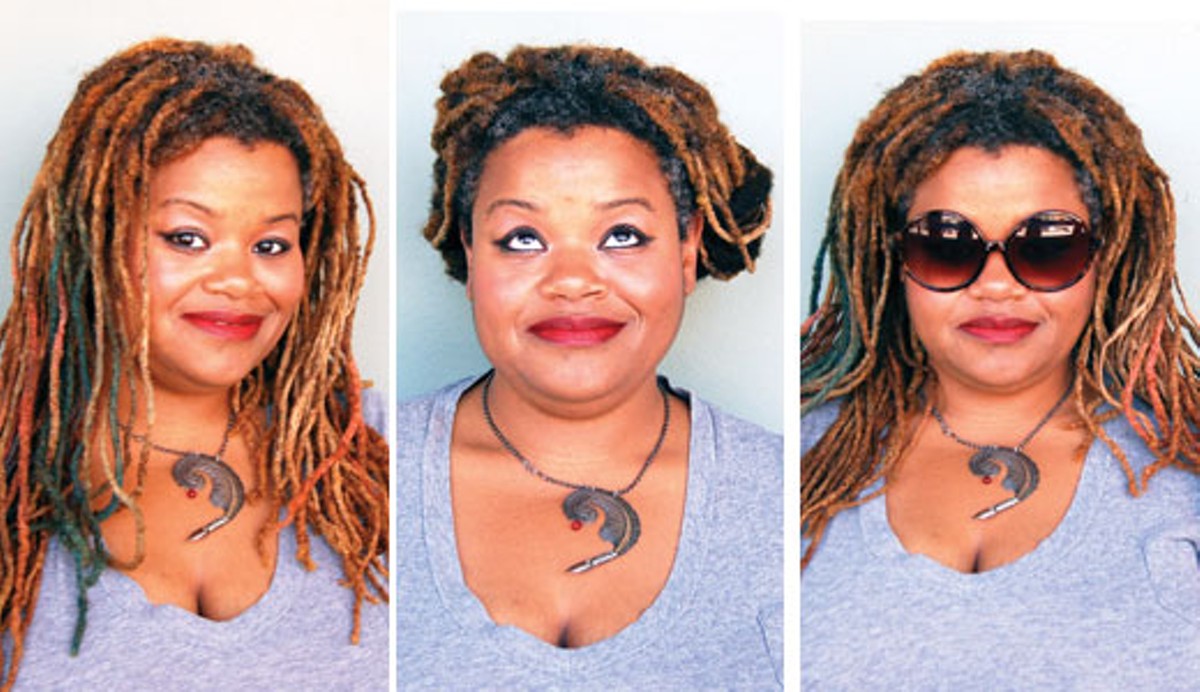This week, I’m taking time to reflect on one of the more interesting parts of writing for a publication and that is the interaction with people who write me letters. These last couple of weeks I’ve received a few emails that, even in disagreement, make me extraordinarily appreciative. Why? I’m grateful because it means that they heard me, felt something and felt motivated enough to respond to me. It’s a rich experience and something that I never take for granted. I love hearing from people who read my articles. In particular, the Charlie Hebdo piece struck a nerve. I wanted to discuss our need to examine the world yet have those examinations maintain some sensitivity as to how we respect the feelings of others.
As far as the letters go, let me say that, sure, occasionally it is an ego boost when I’m feeling a general yuckiness about the world, life or parenthood. It’s nice to be complimented. It is equally nice to have to defend my work or even to accept a failure. It gives my words life.
When I started writing this piece, I thought of Andy Rooney who famously answered some of his viewer mail with slightly more shade than gratitude. I always found his responses funny but felt a little bad for those writing. Maybe that’s the benefit of having a career that lasts for so long. Maybe one day I’ll be salty enough about people taking time out of their lives to share their thoughts with me that I’ll respond with such fun and grouchy fervor. I’m only 41. I’ve got a few years to find out.
What I have learned from reading my letters is that people who take the time to write me have thought carefully about what I’ve said, filtered it through their respective lenses and shown me that touching on these very human subjects creates necessary conversations. When a reader writes to you, they care enough to make the effort. I cannot find a reason to throw shade on that.
My decision to stay at LEO after the staffing changes was in part, to be sure, that on some level there was continuity for an audience that was used to LEO being a certain kind of paper with a particular type of community voice. This doesn’t mean that I haven’t changed some since. I have certainly opened myself up to topics that require me to do more than feel. It’s been refreshing to push myself harder to be more thoughtful and to speak about topics that hit a little harder. It’s given me permission to not always be nice and to challenge some popular opinions.
With that said, I’m looking forward to new ways to interact with readers. It would give me a chance to share the nuances of my columns that are sometimes lost in 750 words. A couple of letters recently exposed this fact. I often try to fit a lot in a small space. So, it is nice when readers find me and ask more questions. It is also nice when readers find me through social media. Beware: Should you seek me out, I am honest to a fault.
With the Internet being a primary mode of modern communication, almost all journalists, writers, etc. interact with readers in real time environments. I think this is a benefit for the reader. To some degree it enriches the content they read on a weekly basis. It provides additional compensation to the writer because it exposes areas of our work that perhaps need more explanation or sensitivity. Just recently my feedback from readers has inspired me to write this and to consider new discussions about race, tone and the reconciliation of maligned histories with the appreciation of art.
Does increasing writer interaction work for LEO? Probably. Readers that feel included in conversations are probably likelier to keep reading and maybe likelier to value the content more.
So this week, my column is part thank you to the people who take the time to care about anything that I’ve said. It is humbling and makes me feel infinitely more responsible to my work.
When LEO started, part of its original intent was to build social interaction. With its recent changes, part of the new mission was to find the LEO “interacting with the community in a dynamic way.” I think connecting the readers more directly to their writers is a good start and I can’t wait to see how that happens.







